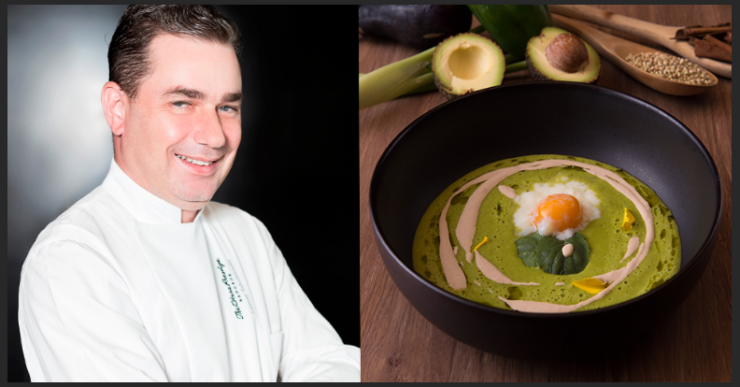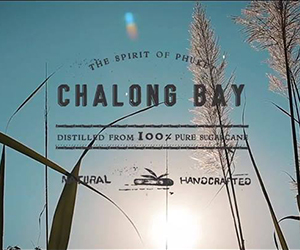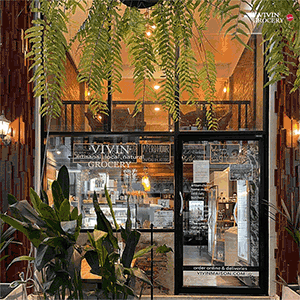Local and sustainable movement led by Bangkok Chefs
Local and Sustainable foods - An Interview with Antony Scholtmeyer of Elements Okura Prestige
By Jessie Morgan
Not one to make a fuss, Chef Antony Scholtmeyer has his feet firmly planted on the ground but is known for a specialty cuisine that is both sophisticated and sumptuous, Bangkok foodies can attest to this (Review).
Antony’s expertise with choosing high-quality Japanese produce while applying French technique gives the menu at Elements Okura Prestige a truly unique culinary edge.
Chef Antony is now turning his attention closer to home with the “Sustainable Organic and Artisanal Flavours Menu” at Elements, from today until the end of December 2017.
At Elements, Antony and the team will create dishes using organic or free-range sustainable ingredients, local artisanal cheeses, meats and other specialty homegrown products.
Antony is not the only chef leading the movement, alongside are the team from 80/20 and Chef Edo at About Eatery restaurant. Not excluding hotels such as St Regis Bangkok, Sofitel Sukhumvit and in the south, Trisara (Pru) in Phuket. From independent outlets to conglomerates, the trend can be seen in both which are taking big steps in moving towards social and health-conscious foods, sustainability and sourcing from more local suppliers.
Chef Antony further explained why he chose to create a dedicated menu to the cause, and what he believes the future holds for Bangkok’s culinary scene, including the arrival of Michelin in Thailand.
NAME FULL: Chef Antony Scholtmeyer
BUSINESS NAME: Okura Prestige
OCCUPATION/POSITION: Executive Chef
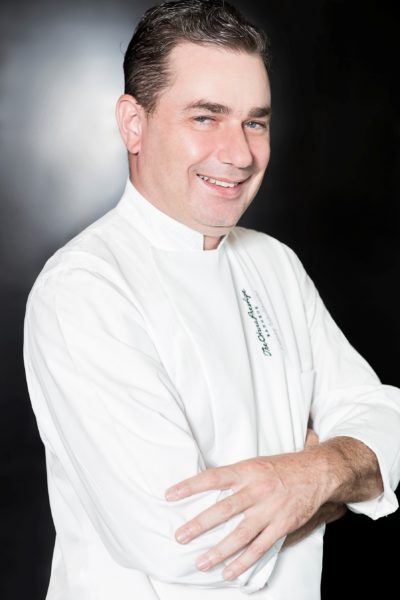
BKF: With the increasing urban farming and sustainable food trend in Bangkok, what attracts you to the idea of the sustainable food movement in Bangkok?
AS: I look at it as a way of supporting the local produces. The more support and income they get the better quality they will be able to produce. It’s about leaving a legacy.
BKF: What has been implemented so far in regards to the sustainable movement?
AS: We are using flowers, vegetables, poultry, beef and seafood. We try to use as much as possible. it doesn’t just come from Thailand but all over the world.
BKF: What are the benefits of using the local artisans’ products?
AS: Firstly the products have to be of very good quality otherwise we won’t use it. Being able to support a supplier who provides really good products benefits all. It’s a win win.
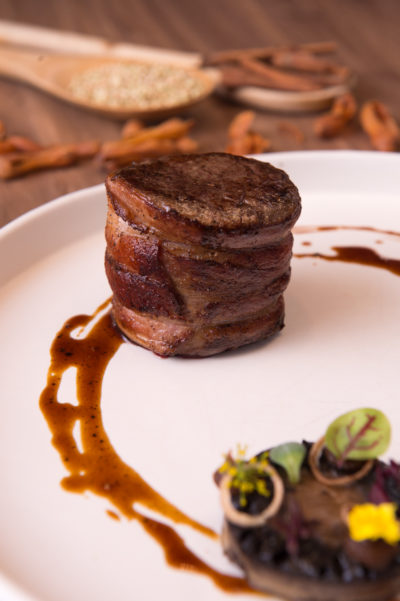
BKF: What is the importance of local sourcing?
AS: It lessens the reliance on importing which is better for the world in general. And to be able to give back to the community hopefully good jobs and a better livelihood is important.
BKF: What do you look for in the local sources?
AS: The most important thing is always quality No.1. We also need to have consistency as it’s what our guests come back for, consistently great food.
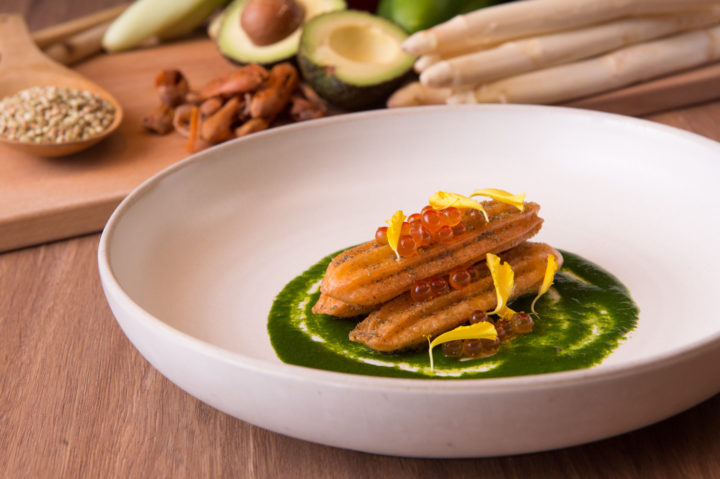
BKF: What are the most challenging aspects regarding the sustainable movement?
AS: The more organic or naturally produced food produces its own challenges. The ingredients are open to what Mother Nature dishes out which as we know cannot be controlled.
BKF: How is the Okura Prestige supporting the sustainable movement?
AS: It’s a path which we just started to go down particularly with our restaurant Elements. As time goes by we will add more and more to the menus. I am always on the lookout for new suppliers.
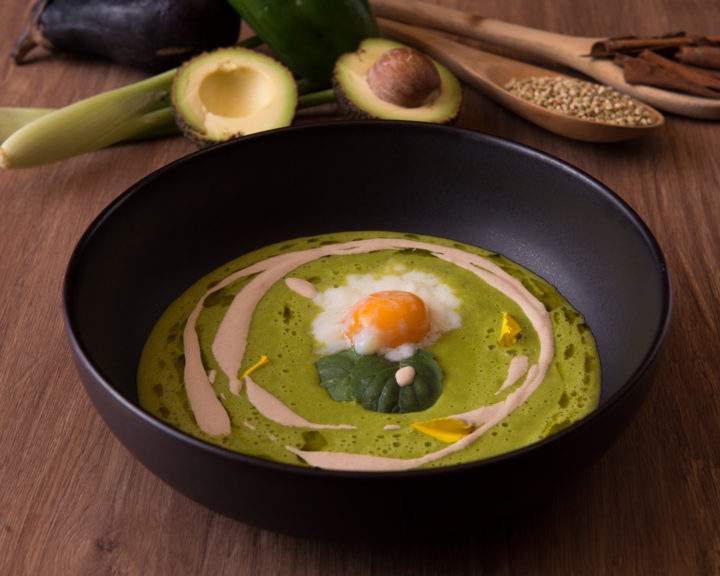
BKF: What is the inspiration behind some of the dishes?
AS: A chef’s inspiration mostly comes from life experiences. Whether it’s from a book, travelling, eating out or through conversation. In my case it’s from my passion for all things Japanese which is very close to me personally through my wife.
BKF: What can the diners expect from dining at the Elements at The Okura Prestige? What are the highlights?
AS: The menu is based on French technique, ingredients and presentations. Through my 30 plus years of knowledge I have learnt how to incorporate the Japanese touches into each dish. This is done with harmony and respectfulness to the culture of both cuisines. It’s not fusion cuisine at all.
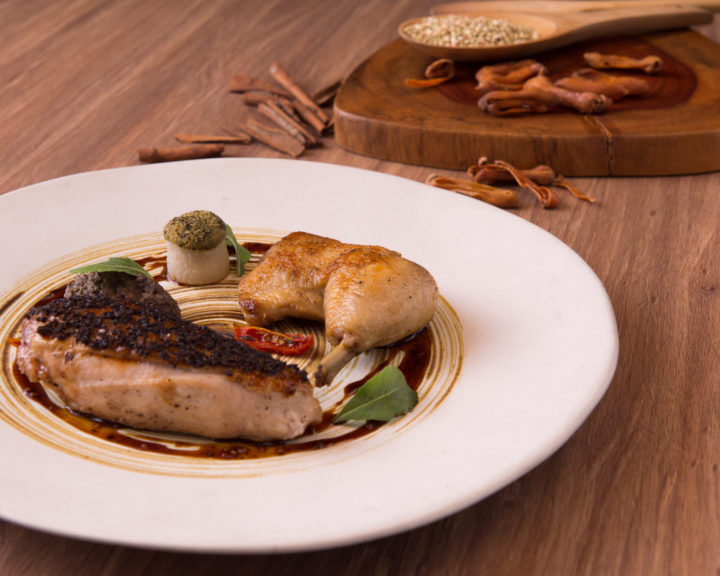
BKF: What are people’s reaction when they discover French cum Japanese Fine Food food?
AS: They are surprised at how well it works. With the addition of yuzu or miso or the different kinds of gingers you can give greater complexity, depth and lightness. It really is endless what you can do as long as you have the knowledge of the ingredients.
BKF: What do you think of Michelin’s arrival to Bangkok, do you believe it will be a fair rating or a popularity contest?
AS: I’m not really too concerned about the politics of it. I have no problem with a hawker style outlet winning a star. I understand the two perspectives of the argument as well. What the Michelin guide will do is lift standards in BKK which is always a great thing. I will add that the dining scene in BKK is already really good and changing quickly and it will get better.
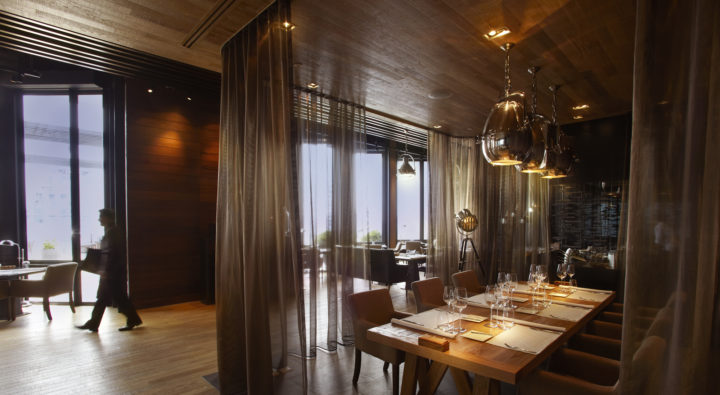
BKF: Who are some of the suppliers to look out for ?
AS: The main ones I use are of course Slones, Prosun Farm, VIVIN, Company B and Boutique Farmers. Some other suppliers for buratta which is a very good product.
BKF: What do you think of restaurants in Bangkok who claim “local”, “sustainable”, “organic” or “farm-to-table” but are not or use very little of said products?
AS: You could say that we are in that category right now. For us it is a gradual build up. The challenges I have with that is actually finding the suppliers. And then having to continually chase and follow up with them. It can be frustrating at times.
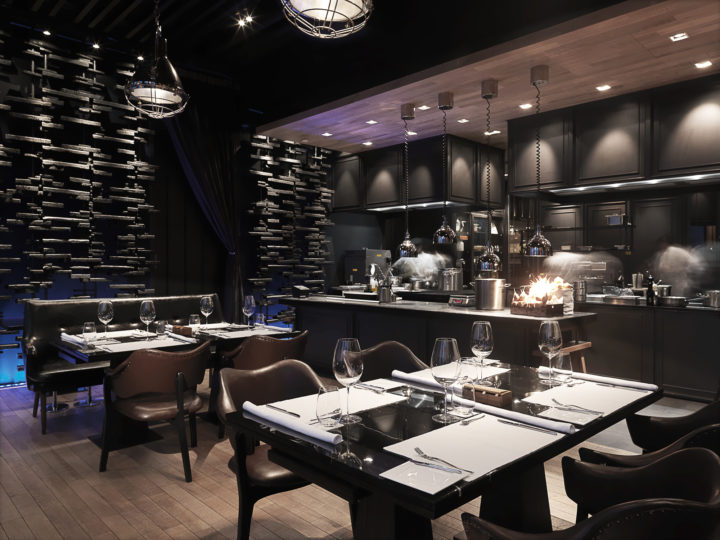
BKF: How can consumers ensure themselves of these claims? What should they ask? Look out for?
AS: In a restaurant you generally don’t lie to your guests as much as what some customers may think you do. It’s not good for business. If you have any doubts ask for authentication. But also organic can have a different definition from one person to another, it’s a blurred line.
BKF: How do you see this movement develop in the future?
AS: Its growing quickly which is great. From what I can see over the past few years it has started to gain some traction. The good thing is that more and more outlets are wanting to use the ingredients which will encourage more growth.
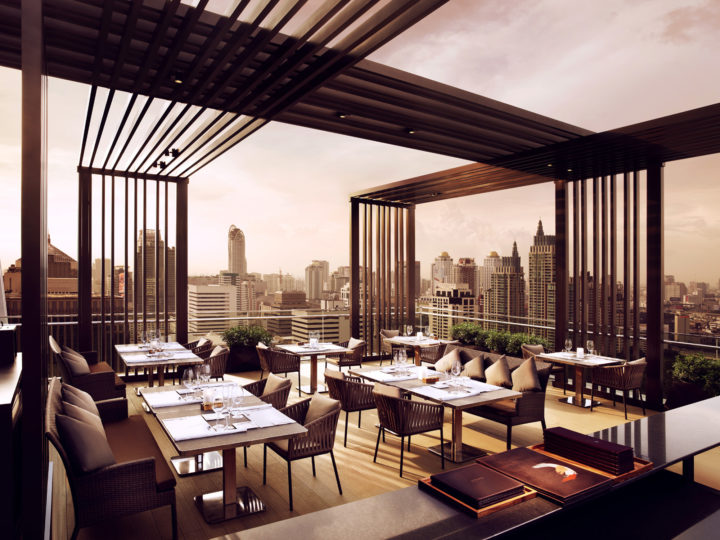
BKF: What can the industry in Thailand do and the people do, to support this movement locally?
AS: Look for the produce, buy it, offer suggestions to the suppliers on what they want to eat. The producers need to refine what they do, work harder to improve what they do and offer more variety. I know there are produces out there with great ingredients but I can’t find them or don’t know about them.
OPENING HOURS: Dinner – Tuesday to Saturday: 6 p.m. to 10:30 p.m.
Pool Service – Daily: 10 a.m. to 8 p.m.
EMAIL: info@okurabangkok.com
PHONE: 02 687 9000
WEBSITE: www.okurabangkok.com
FACEBOOK: The Okura Prestige Bangkok
**Ustainable, Organic, and Artisanal Flavours menu is available at Elements restaurant every Tuesday – Saturday from 3 October – 23 December 2017, 6 p.m. – 10:30 p.m. Prices start from Baht 680++.
Elements restaurant is located on the 25th floor of The Okura Prestige Bangkok. For more information and reservations,please contact 02 687 9000 or email elements@okurabangkok.com, or book on our website www.okurabangkok.com

